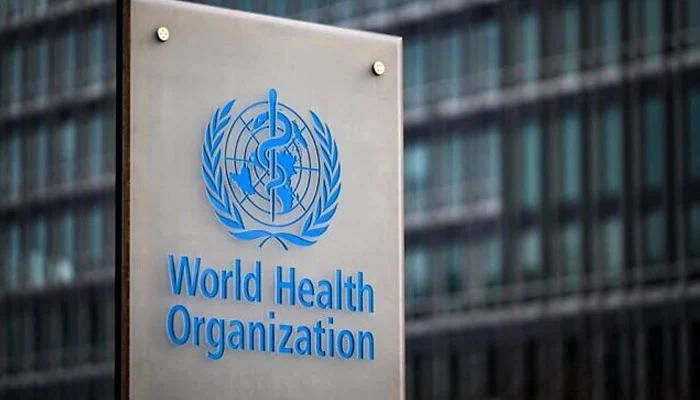The World Health Organization (WHO) has issued a warning, expressing fears about a “Disease X” pandemic that would be 20 times more dangerous than the COVID-19 outbreak that is currently raging.
Leaders in global health and science convened at the World Economic Forum recently to deliberate on the fictitious yet possibly devastating threat associated with “Disease X.”
The WHO first used the word in 2018, and while it does not refer to a known infection, it is a useful tool for planning ahead for future health emergencies that may not be predictable.
The panel discussion, entitled “Preparing for Disease X,” underscored the pressing requirement for improved communication tactics to combat false information and conspiratorial beliefs.
Even though “Disease X” is purely hypothetical, some people expressed their suspicion on social media, such as Twitter, calling the session a possible conspiracy against freedom.
Experts pointed out that “Disease X” might appear as a respiratory virus, possibly starting in animals before spreading to people. The World Health Organization (WHO) has issued a dire warning: in the absence of adequate preparation, the devastation produced by the current global crisis—which has cost over 7 million lives worldwide—may be surpassed by a pandemic from “Disease X.”
Quotes at the WHO meeting emphasized how crucial international cooperation is when facing possible dangers. “Preventing ‘Disease X’ requires a united front and effective communication between nations,” stated a scientist.
Concerning disinformation, the WHO emphasized the importance of raising public knowledge by saying, “disinformation can spread like wildfire. Accurate information must be injected into cultures to stop the rise of conspiracy theories and terror.”
Although ‘Disease X’ dominated the discussion, experts also pointed out that epidemiologists are concerned about other things. Known viruses like Ebola, Marburg, and developing COVID-19 variants are on the list of possible pandemic triggers, underscoring the urgent need for international initiatives and precautions.
In an effort to stay ahead of the curve in the face of unforeseen health threats, the WHO has already taken preemptive measures, starting initiatives to facilitate technology sharing and improve disease tracking between nations.The world community is currently confronted with the task of making sure that the lessons learned from the current epidemic contribute to a more robust and prepared future, as well as preparing for a potential “Disease X” scenario.







